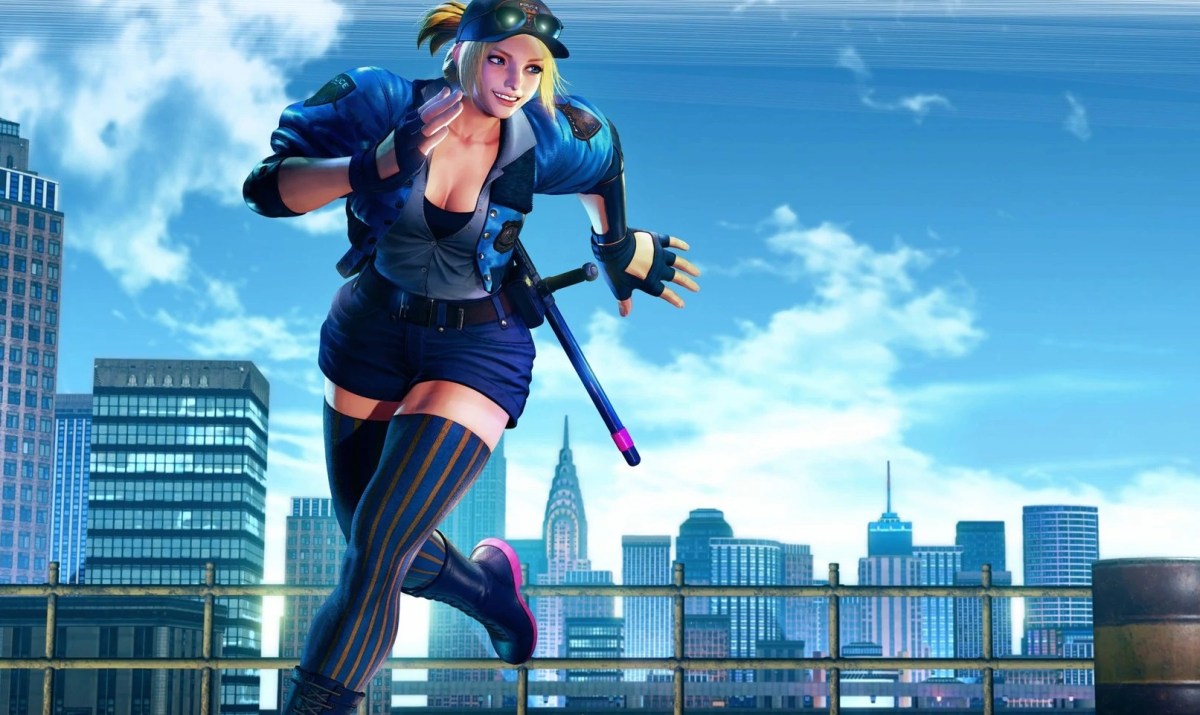New Capcops patch notes just dropped
Back in February of this year, Capcom angered many within the Street Fighter community, particularly those who organize and participate in tournaments, with its controversial “Capcom Community Guidelines” proposal. This initiative saw the publisher attempting to exert tighter control over all publicly run Street Fighter tournaments, from national gatherings to the smallest of local events.
The guidelines, some of which took legitimately positive steps forward, also raised eyebrows with their stringent rulings in regard to topics such as royalty-free media ownership, prize pool capping, a ban on merchandise sales, the banning of spectator tickets sales, and the reserved right to deny any Street Fighter tournament from taking place should it not fall within the new scheme’s guidelines.

While one might understand Capcom’s desire to ensure that tournaments and locals that feature the Street Fighter brand will be run correctly, especially given the wild west, generally unregulated nature of the FGC, many saw the rules as being less about safety and security and more about Capcom simply trying to take control of the entire Street Fighter competitive scene on all levels — from local gaming bar gatherings to national tournaments with hundreds in attendance. Tournament organizers and players were quick to vent their feelings on social media, which led Capcom to make a tactical withdrawal in order to fine-tune its plan.
Yesterday, the legendary developer/publisher announced that it had completed its revision of the Capcom Community Guidelines, releasing a revised version of its “Street Fighter license” initiative. Amusingly, the revised document reads like patch notes for an SFV update, with buffs and nerfs made to several of the guidelines’ more contentious rules.

First and foremost, Capcom has stated that it will no longer take royalty-free ownership of any professional media (live streams, photos, videos, etc) that was captured at a Street Fighter tournament. This was definitely one of the most egregious and grossest demands of the original proposal, so it was a must that this particular rule was stamped out with complete prejudice.
The annual prize pool cap, originally decreed to be $2,000 USD per event and $20,000 or equivalent per year, has been wavied. The prize pool cap for a single event is now $10,000. There is no longer a cap on the total amount of money that can be offered over a 12-month period. Regarding sponsorship contributions, the cap for a single event may not exceed $6,000 USD or equivalent per event, while the annual total cannot exceed $30,000.
Tournament Organizers may charge for spectator tickets, but the money made must be used to offset tournament costs. This would seemingly imply that any host running the tournament is not allowed to make a profit on spectator tickets, and that spectator ticket revenue cannot exceed the overall cost of running the event. If so, then smaller venues might need to pay specific attention to this ruling.
Tournaments can be run at bars and other venues where alcohol is served, provided that the tournament is not run by the owner of the establishment itself, nor that the tournament is sponsored by or advertising any alcoholic beverages.
These are just a few of the most notable revisions Capcom has made to its Community Guidelines document, which you can check out in its entirety right here. While all of the above will likely be welcomed by Street Fighter tournament organizers, the antsy nature of having a multi-billion dollar organization hanging over your event like impending danger is a little unnerving — especially when such a decree has yet to be declared by the publishers of other major fighting games.

While it is extremely important that the FGC regulates itself in regards to player safety, insurance, rule legislation, and etiquette, many TOs might feel some nervousness at Capcom’s proposals. Lest we forget, when Capcom thought that 2017’s Marvel vs. Capcom: Infinite was going to conquer the world, a leaked internal memo exposed an extremely draconian plan to practically take complete control of the failed sequel’s entire competitive scene.
And thus, with Street Fighter 6 just around the corner, (already predicted to be the crown jewel of Capcom’s future esports dreams), it’s understandable to witness the full-time organizers of the Street Fighter competitive scene eyeing these guidelines with trepidation. These are still the very early days of the initiative, and we’ll see how Capcom’s tentative handshake with the FGC plays out as its “Street Fighter license” scheme rolls out over the remainder of the competitive year. For better or worse.






Published: May 13, 2022 03:00 pm